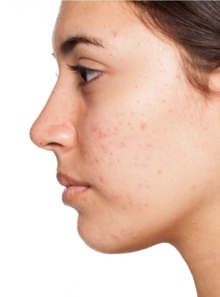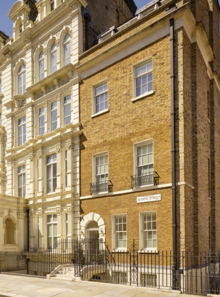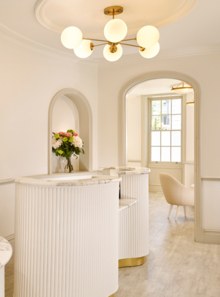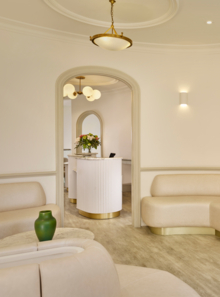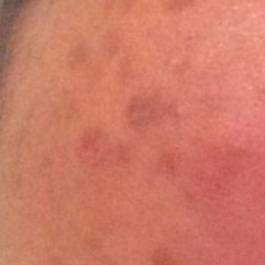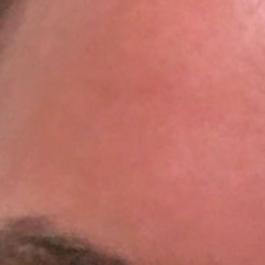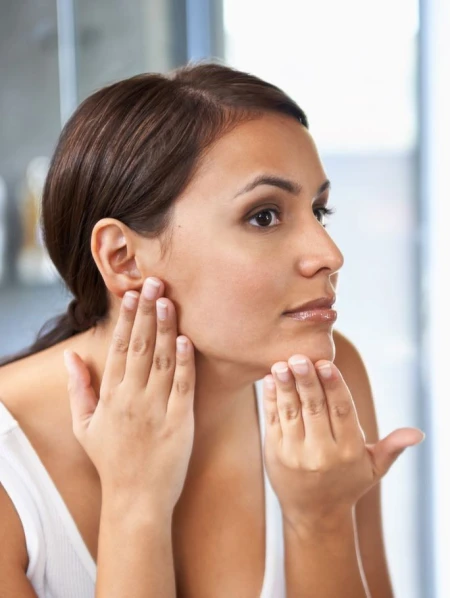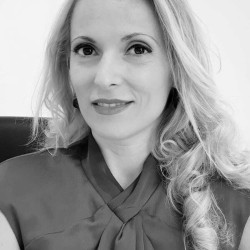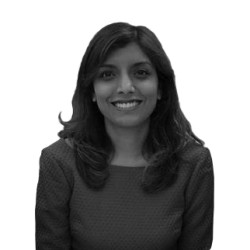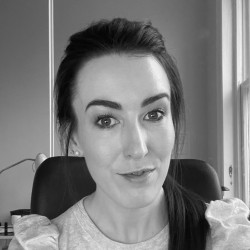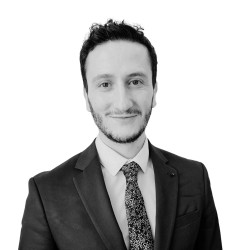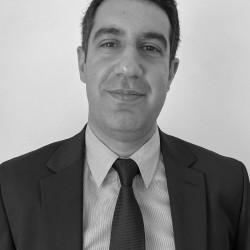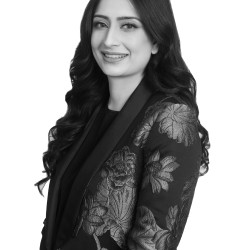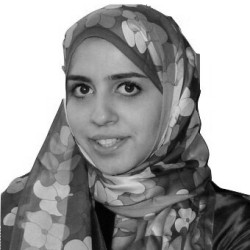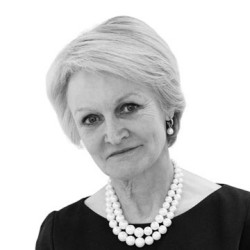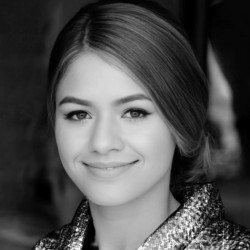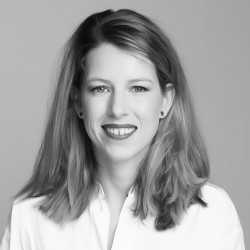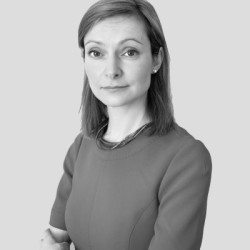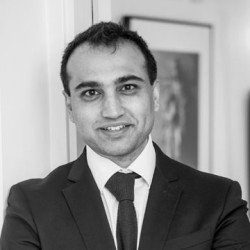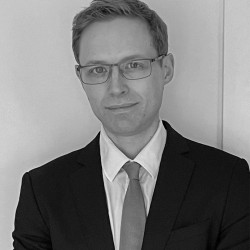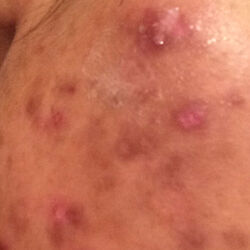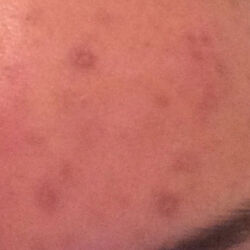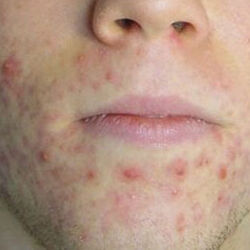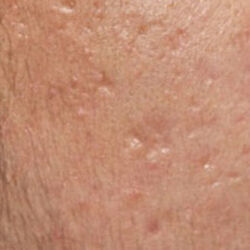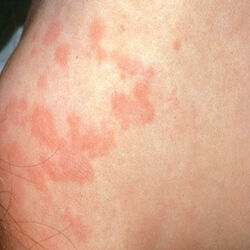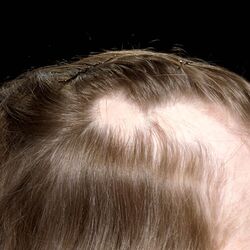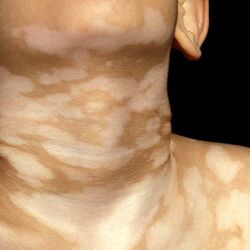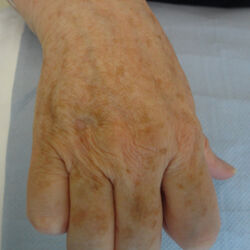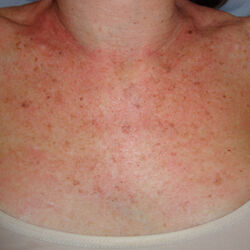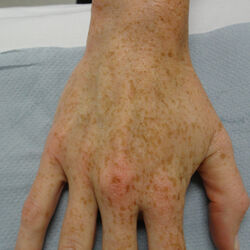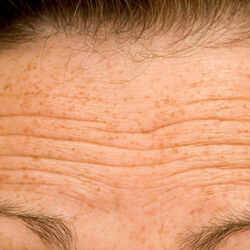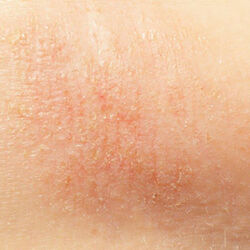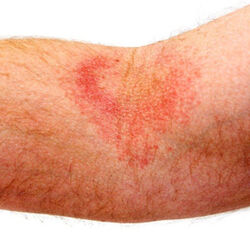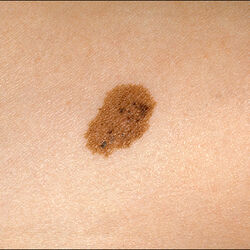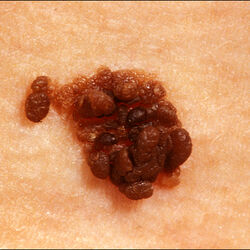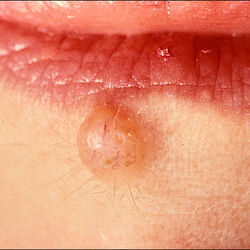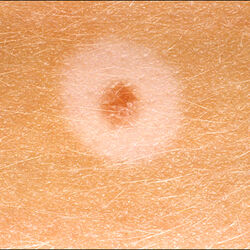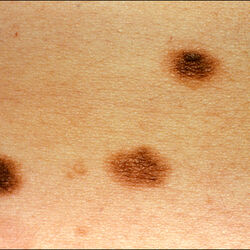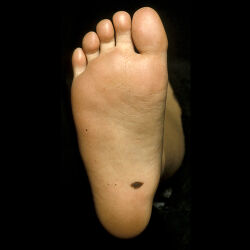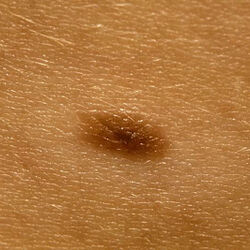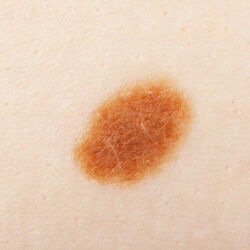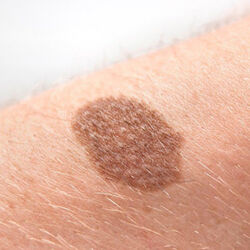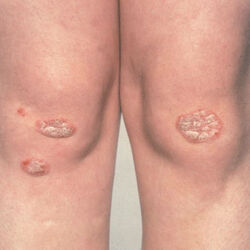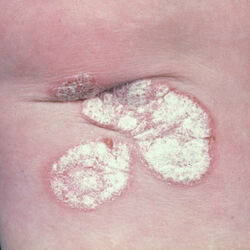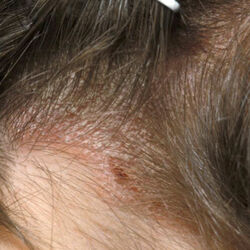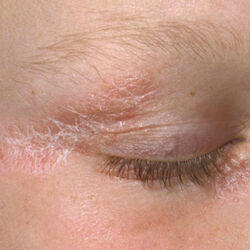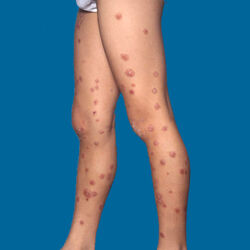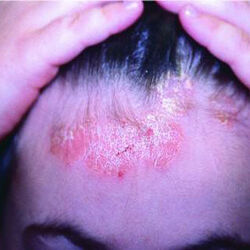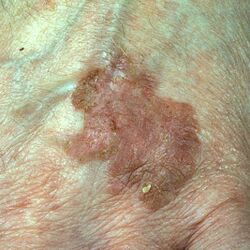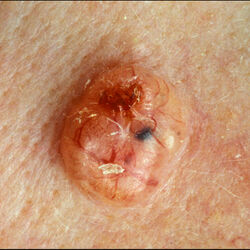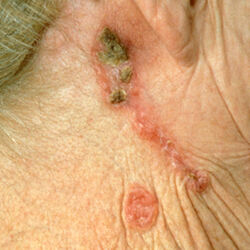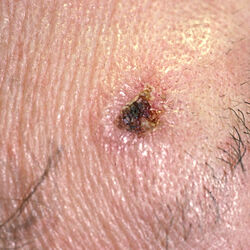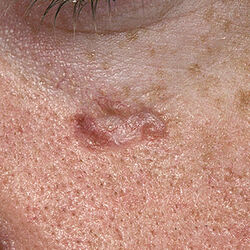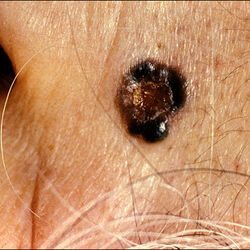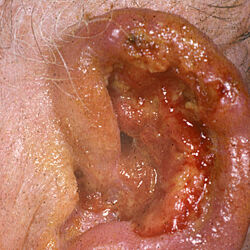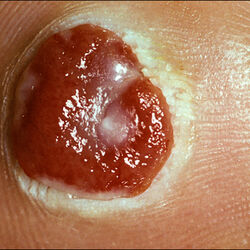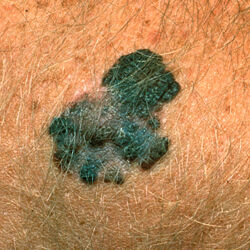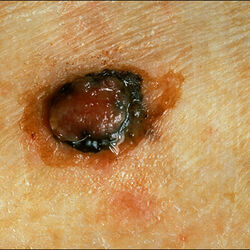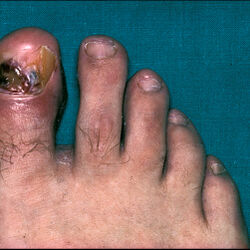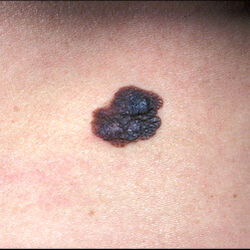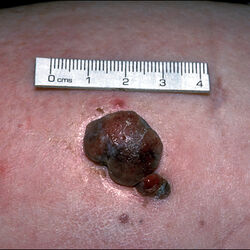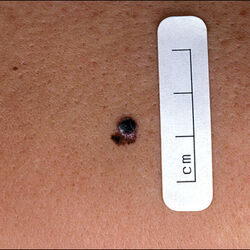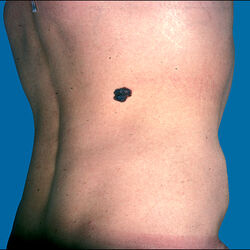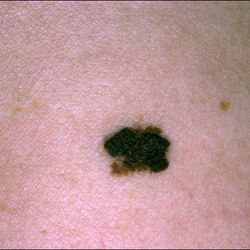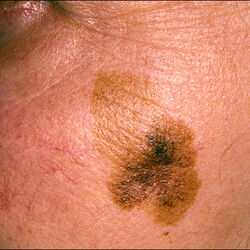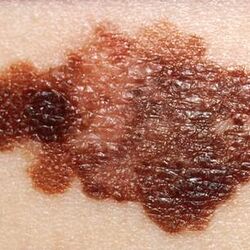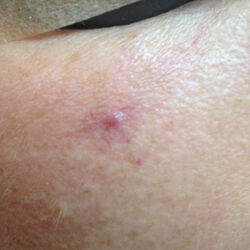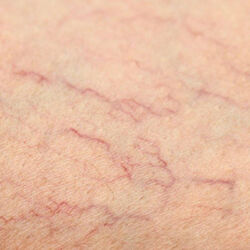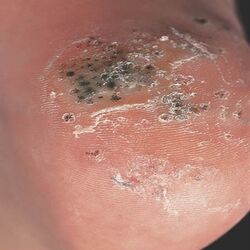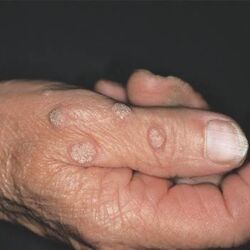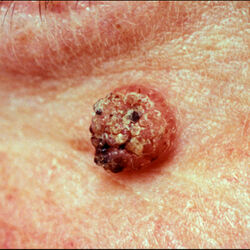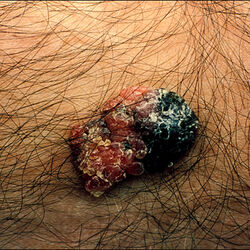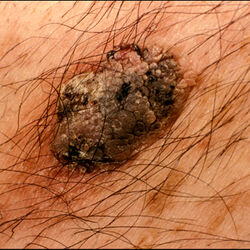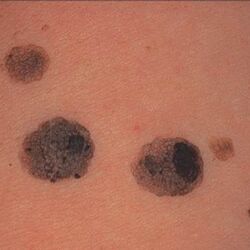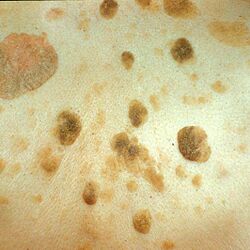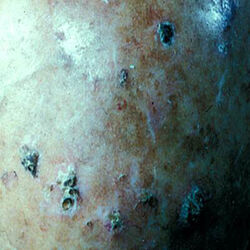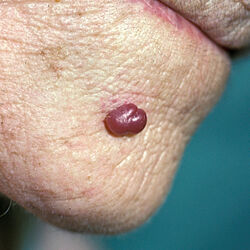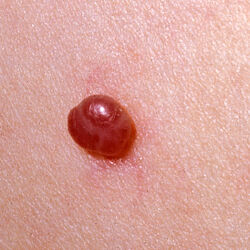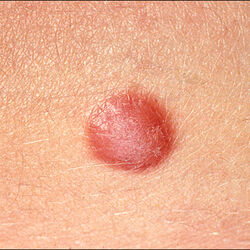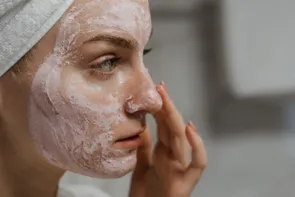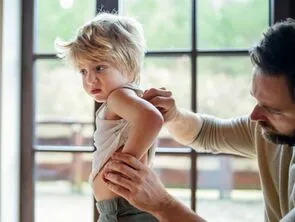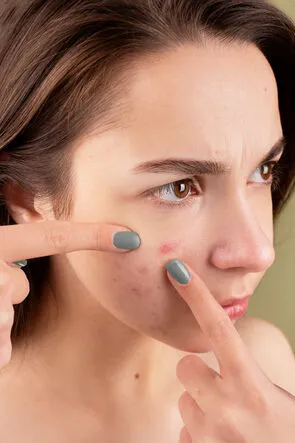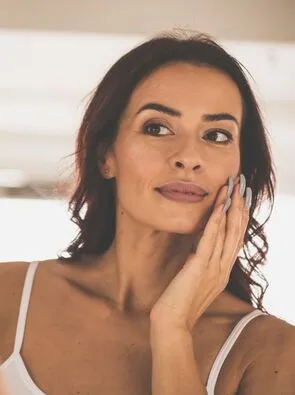Medically Reviewed March 2024,
by Dr. Susan Mayou (GMC: 2405092) - founder of the Cadogan Clinic and one of the world's leading dermatologists
What are Acne Treatments?
Acne is a very common skin condition caused by the inflammation of grease-producing glands in the skin, resulting in spots, blackheads and whiteheads. Up to 95% of people are diagnosed with Acne in the UK throughout their lifetimes.
Acne can have a huge impact on a person’s confidence and self-esteem. Fortunately, there are a number of effective Acne treatments which are offered at the Cadogan Clinic.
Your consultant dermatologist will assess your skin during your consultation, as well as asking about your medical history. They will then be able to recommend the best treatment options for you.
The available Acne treatments include topical creams and gels, oral antibiotics, hormonal treatments, oral contraceptive pills and prescription medicine. The treatment will depend on the cause of your acne, how serious it is and the areas of the body that are affected.
Other Acne treatments which are available include chemical facial peels, IPL skin rejuvenation, laser skin rejuvenation and Microneedling.
The treatment will vary depending on the severity of the acne and the parts of the body affected.
Whatever your personal requirements, you can rest assured that we will provide the leading UK consultants, techniques and facilities for your acne treatment at our state-of-the-art, purpose-built, dermatology clinic in Sloane Street, Chelsea.
Get in touch
Why do people have it?
The benefits of Acne treatment are cosmetic, medical and psychological, and include:
- Clear, smooth skin free of blemishes
- Eliminates risk of further scarring
- Improved self confidence
- Reduces stress and unhappiness
- Reduces infection risk
What is Acne?
Acne is often thought of as a condition which only affects teenagers. But adult Acne is the 8th most common skin condition, affecting as many as 85 percent of women aged 25 and over and 15 percent of men.
Acne commonly occurs in the following areas:
- Face: Almost everyone who suffers from Acne will experience Acne on the face.
- Neck: Although neck Acne can affect anyone who has Acne on their face, it is particularly common in the area of a man’s beard.
- Back: More than half the people who are affected by aAne will have spots on their back.
- Chest: Chest Acne affects around 15 percent of people who suffer from Acne.
The symptoms of Acne can vary depending on the severity of the condition. A person suffering from Acne may experience one or more of the following:
Whiteheads
Whiteheads are made up of a mixture of skin cells, oil, and bacteria. This creates a white tip, giving the appearance of a small pimple. However, the area immediately surrounding the whitehead is not red or inflamed.
Blackheads
These look like little black dots on the skin. The colour of blackheads means they can often stand out. These small bumps are caused by blocked hair follicles blocked with oil which has oxidised, turning darker - which give blackheads their colour.
Papules
A papule is a raised area of skin that is usually less than 1cm in size and can present in a variety of shapes and colours. A papule may feel tender or sore. It is caused by a collection of oil and bacteria collecting under the skin which causes inflammation.
Pustules
Pustules are small white bumps caused by a build-up of pus. Unlike a whitehead a pustule is inflamed and surrounded by red skin.
Nodules
Nodules are hard, painful Acne lesions which are buried deep under the skin. These often don’t develop a head and unlike regular spots, nodular acne can last for many weeks or even months. It is often very uncomfortable and may not respond to over-the-counter treatments.
Cysts
These are the most severe type of spot caused by Acne. Cysts are large, inflamed lumps filled with pus and look similar to boils. They can often cause pain and discomfort. If these are left untreated, there is a great risk of permanent scarring. If you suffer from cystic acne, it is important that you seek treatment from an acne specialist.
Types of Acne
There are three different types of Acne - mild, moderate and severe. The type of Acne treatment required will largely depend on which type of Acne you have.
- Mild Acne: Mild cases of Acne are characterised by the appearance of whiteheads, blackheads, and small pustules.
- Moderate Acne: A person with moderate Acne will have more widespread whiteheads and blackheads, with many papules and pustules present in the affected area.
- Severe Acne: This type of Acne is characterised by lots of large, painful papules, pustules, nodules or cysts. There may be extreme redness, swelling and/or irritation in the affected areas. A person with severe Acne may be left with permanent Acne scarring.
Picking spots, particularly nodules or cysts, can lead to Acne scarring. Sometimes these scars may be quite prominent and their presence may have a negative impact on self-confidence and mental wellbeing. We offer Acne scar treatment here at the Cadogan Clinic.
What are the main causes of Acne?
Excessive oil production, clogged pores and bacteria leading to inflammation are often responsible for Acne in teenagers and adults. But there are a number of different factors which are known to cause Acne breakouts.
Hormonal changes
Women in particular are prone to Acne due to fluctuating hormone levels. This may be caused by menstruation, pregnancy, breastfeeding, menopause or certain birth control methods, including the progesterone-only contraceptive pill. It is also common in women who have polycystic ovary syndrome (PCOS). Teenage Acne is thought to be triggered by increased levels of testosterone, which occurs during puberty. This applies to both boys and girls.
Genetics
It has been proved that a person may be more prone to acne if there is a family history of the condition.
Stress
Stress can be a major cause of Acne breakouts. When we feel stressed, our body releases more of the stress hormone cortisol which leads to a hormonal imbalance. In cases where a person is under extreme stress for a prolonged period of time, this can lead to the appearance of Acne.
Skin irritation
Anything which irritates and upsets the natural balance of the skin can cause Acne. Sources of irritation include shaving, using certain skincare products and repeatedly wearing items which rub a particular area of skin, such as a backpack. Frequent washing can also irritate the skin and make symptoms worse, so it is important that you do not wash affected areas of skin more than twice a day. Use a mild soap or cleanser and lukewarm water. Water which is very hot or cold can make Acne worse by further irritating the skin.
Medications
Certain medications are known to cause Acne. These include steroid medicines, Lithium and certain drugs used to treat epilepsy. Your doctor should discuss all side effects with you, including the possibility of Acne when any medication is prescribed to you.
Lifestyle factors such as smoking, a lack of sleep, changes in the weather and illness can also cause Acne to develop. Anything which upsets the balance of the body’s hormones or weakens the immune system can lead to outbreaks of Acne. It is important to note that Acne is not caused by poor diet, eating greasy foods, dirt, poor hygiene, having sex or masturbation - although these are common misconceptions.
Do not try to squeeze or remove blackheads or spots. Not only could this make the problem worse, but it also increases the risk of permanent scarring.
Acne in children
Acne is often associated with puberty and is a very common condition in teenagers and younger adults. NHS figures suggest that around 95 percent of people aged 11 to 30 are affected by Acne to some extent.
Acne is most common in girls from the ages of 14 to 17. Boys are most likely to experience Acne between the ages of 16 and 19. This is because boys generally start puberty later than girls.
Most teenagers and young adults have Acne on and off for a number of years before their symptoms start to improve as they get older.
Acne in adults
Adult Acne refers to the occurence of Acne in anyone over the age of 25.
Acne often disappears when a person reaches their mid-20s, but sometimes it can continue later into adult life. Around 3% of adults over the age of 35 suffer from Acne. Research shows that Acne becomes much less common after the age of 44, and in women, it is much less prevalent after menopause.
However, adult Acne is much more likey to persist if it is not treated.
Given the material risk of scarring, we always recommend you get your Acne assessed by a professional dermatologist or seek medical advice.
The cost of Acne Treatment
We successfully treat hundreds of acne cases each year
Our team of ten highly experienced specialist dermatologists have been handpicked to form one of the best independent dermatology units in the country
Our acne specialists have the highest levels of training and qualifications
We work with major bodies and organisations to ensure standards are maintained. These include The British Association of Dermatologists (BAD), Royal College of Surgeons (RCS), Care Quality Commission (CQC) and the General Medical Council (GMC)
Our purpose-built dermatology clinic is conveniently located off Sloane Square, Chelsea
What are the options?
Treatment choice depends on how severe the acne is. It may take several months of treatment before you notice any improvements in the condition. As mentioned above, there are a number of different acne treatments that we offer here at the Cadogan Clinic. Here we will look at these in more detail.
Topical creams and gels
These are usually prescribed for less severe cases of Acne. If you just have a few spots, blackheads and whiteheads then topical treatments containing benzoyl peroxide may help.
Oral antibiotics
Antibiotic tablets are prescribed to treat more severe Acne, usually in combination with a topical treatment. It usually takes about six weeks before you notice an improvement in the appearance of Acne. A typical course of oral antibiotics lasts between four to six months. Not all antibiotics are suitable for pregnant or breastfeeding women.
Hormonal treatments
Hormonal therapies can be used to help treat women with Acne. This is often used to help control Acne which is linked to the menstrual cycle or conditions such as polycystic ovary syndrome (PCOS).
Oral contraceptive pills
The combined oral contraceptive pill, usually just referred to as ‘the pill’ contains female hormones oestrogen and progesterone which are produced naturally by the ovaries. These hormones lower the amount of androgens in the body, which can lead to excess sebum. Sebum is an oily substance secreted by the skin which can cause Acne. However the progesterone-only pill can make acne worse.
Prescription medicine
Isotretinoin is an oral medication commonly prescribed to treat severe cases of Acne. However, this treatment can have serious side effects and may not be suitable for people with certain medical conditions. Your dermatologist may suggest trying other treatments before Isotretinoin.
Chemical facial peels
A chemical facial peel is applied to the face to remove dead skin cells and stimulate the growth of new cells. The aim of this cosmetic treatment is to improve the appearance of the skin. A chemical peel is not a ‘one-size-fits-all’ treatment, but can be tailored to an individual’s own specific needs.
IPL skin rejuvenation
Also known as phototherapy, Intense Pulse Light (IPL) treatment delivers a carefully measured dose of ultraviolet light to reduce the body’s immune response. This reduces inflammation of the skin. IPL can help to destroy the bacteria that create acne, therefore reducing its appearance on the skin.
Laser skin rejuvenation
In laser skin rejuvenation, a precision laser is used to remove the skin layers. The new skin cells that form during the healing process will make the skin appear younger and fresher, drastically reducing the appearance of problem Acne. This can be combined with other treatments for an enhanced result.
Microneedling/dermapen
DermaPen is a Microneedling treatment which punctures very small holes into the skin, stimulating collagen growth and improving overall skin tone and texture. This includes reducing the appearance of Acne.
Before undergoing any treatment, you will have a consultation with one of our Acne specialists who will determine the best treatment for you.
Acne Treatments Specialists
We have invited a selection of the country's very best consultants to join us at the Cadogan Clinic so that you can be sure that whatever the nature of your treatment, you will be seeing one of the top practitioners in the country.
What to expect
Below you will find some key information to help you prepare for surgery and make necessary arrangements to ensure you have the support you need and that everything runs smoothly on the day.
You will meet with one of our highly trained dermatologists at the Cadogan Clinic on Sloane Street, Chelsea for an in-person assessment of your skin.
Your consultant will discuss the following with you at this consultation:
- The concerns you have with your skin
- The results you are hoping to achieve
- Your previous general medical history as well as anything specifically relating to your skin
- The potential causes of your Acne
- The most suitable treatemtns and the best treatment plan for you
- They will also answer any questions you have
3 Easy Steps
- Contact our dedicated non-surgical and dermatology patient advisors to book a consultation
- Come to the clinic on Sloane Street to discuss your treatment and start your treatment plan
- Return to the clinic to see your dermatologist for any follow up appointments - if required - to monitor your progress.
Cadogan Clinic. A strong tradition of innovation

Founded in 2004 by world renown dermatologist Dr Susan Mayou, we now work with over 100 leading consultants and successfully treat over 20,000 patients each year. We have been winning industry awards since inception.
Get in touch
Frequently Asked Questions
Is acne hereditary?
Acne can run in families but its representation in the population is extensive, and it can occur in anyone.
How can I prevent acne?
- Cleanse your skin and remove make-up with a mild soap or a gentle cleanser and water, or an oil-free soap substitute
- Eat a balanced diet including fresh fruit and vegetables
- Wear oil-free, water based 'non-comodogenic' or 'non-acnegenic' makeup
- Do not pick or squeeze existing acne, as this can aggravate the condition or encourage scarring
- Seek immediate medical advice if you see acne starting to form
How does acne form?
The visible signs of acne are actually caused by issues that develop underneath the skin.
In this layer of the skin there are tiny structures called sebaceous glands that produce an oily substance called sebum that lubricates the surface of your skin and hair.
Sebum usually passes through the hair follicle out into the surface of the skin. When the follicle becomes blocked, however, the sebum begins to build up inside, leading to the formation of pimples and spots on the surface of the skin.
This blockage can happen for a variety of reasons: most frequently, it is caused by an excess of sebum being produced, or dead skin cells or makeup blocking the exit point onto the surface of the skin.
Once the blockage has been created, sebum continues to be produced, making the issue worse.
Can all types of acne be treated?
Yes all types of acne can be treated, however severe. The more severe the case, the sooner you must seek medical advice.
What kind of results can I expect?
Outcomes and results vary by case and the status of the existing acne, when treatment is sought. It is most common for your acne to be fully cleared, although some particularly stubborn cases can require ongoing treatment.
Will acne go away on its own?
During the teenage years it is common for acne to disappear on its own. Adult acne is much less likely to clear on its own without treatment.
Given the material risk of scarring, we always recommend you get your acne looked at by a professional dermatologist or seek medical advice.
Are acne scars permanent?
There are highly effective treatments for reducing the appearance of acne scars, sometimes completely. This depends on the type of scarring, however.
To find out more, visit our dedicated Acne scars treatment page.
Can IPL treatment be used to treat acne?
Yes, IPL treatments can be used to treat the appearance of acne. By undergoing a number of treatments, varying depending on the patient and the severity of the condition, IPL can help to destroy the bacteria that create acne, therefore reducing its appearance on the skin.
What is cystic acne?
Cystic acne is one of the most severe types of acne.
It is caused when sebum and puss begin to build up inside the skin, and instead of breaking through the surface or being healed by the immune system, the acne continues to grow deep into the skin, sometimes even rupturing the sebaceous glands that produce the sebum in the first place in some cases.
This is the most difficult type of acne to treat, because it is too deep for most topical medications to be effective.
What is the difference between a blackhead and a whitehead?
The difference between whiteheads and blackheads relate to variations in the skin follicles and whether they are closed off from the surface or not
- Whiteheads are white to the eye, and occur when the follicle becomes closed off at the surface of the skin. The sebum, dead cells and bacteria therefore build up underneath the follicle inside the pore, causing the white coloration
- Blackheads are black to the eye and form when the follicle becomes clogged. This material is not blocked off from the surface, but the clogged build up causes the edges of the follicle to expand, causing the pore to appear larger. The dark coloration is the visible sebum, dead cells and bacteria in the pore, not dirt as is commonly held
Where is the Cadogan Clinic located?
The Cadogan Clinic is based at 120 Sloane Street in Chelsea, just off Sloane Square and the Kings Road.
Our address is 120 Sloane Street, Chelsea, London, SW1X 9BW.
We are accessible by all major bus routes that pass through Sloane Square and Sloane Street, as well as Sloane Square tube station.
Local pay parking is available just around the corner from the Clinic on Cadogan Gate, Cadogan Square and Cadogan Gardens. Our local residential parking zone is the Royal Borough of Kensington & Chelsea.
Acne, Allergies, Autoimmune, Pigmentation, Vascular, Eczema, Skin Cancer, Psoriasis, Mole Removal, Skin Cancer & Melenomas, Skin, Lumps & Bumps
How To Find Us
The Cadogan Clinic is based at 120 Sloane Street in Chelsea, just off Sloane Square and the Kings Road.
We are accessible by all major bus routes that pass through Sloane Square and Sloane Street, as well as Sloane Square tube station.
We are just a 5 minute walk northwards up Sloane Street once you have arrived at Sloane Square.
Local pay parking is available just around the corner from the Clinic on Cadogan Gate, Cadogan Square and Cadogan Gardens. Our local residential parking zone is the Royal Borough of Kensington & Chelsea.
Address: 120 Sloane Street, Chelsea, London, SW1X 9BW
![]() Aesthetics Medicine Awards
Aesthetics Medicine Awards![]()



